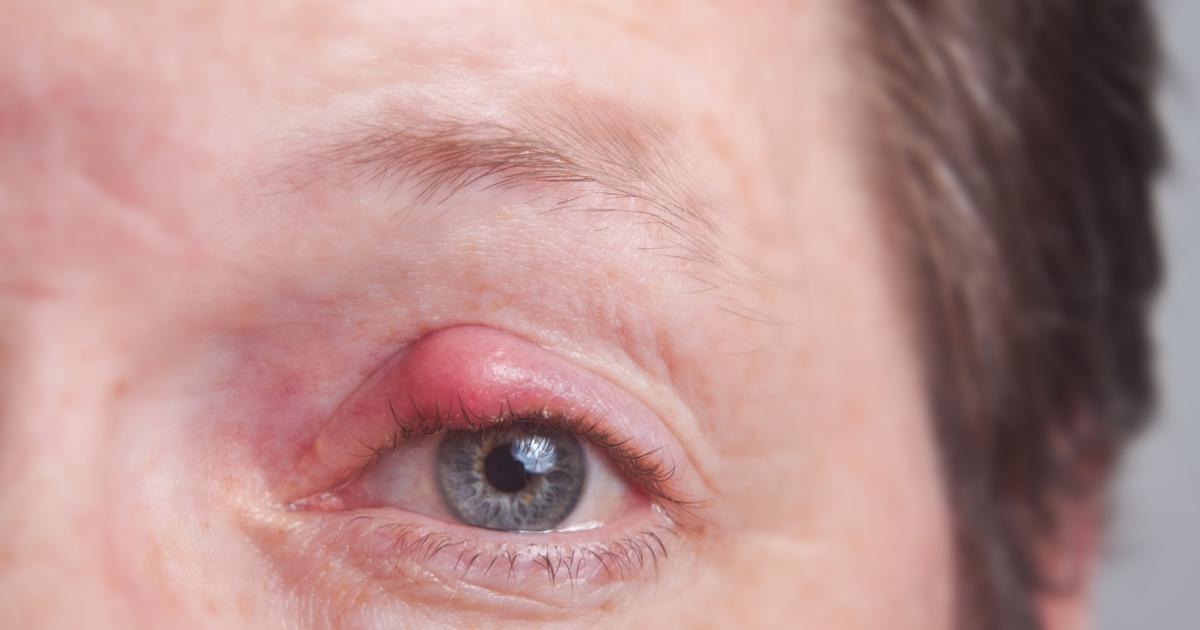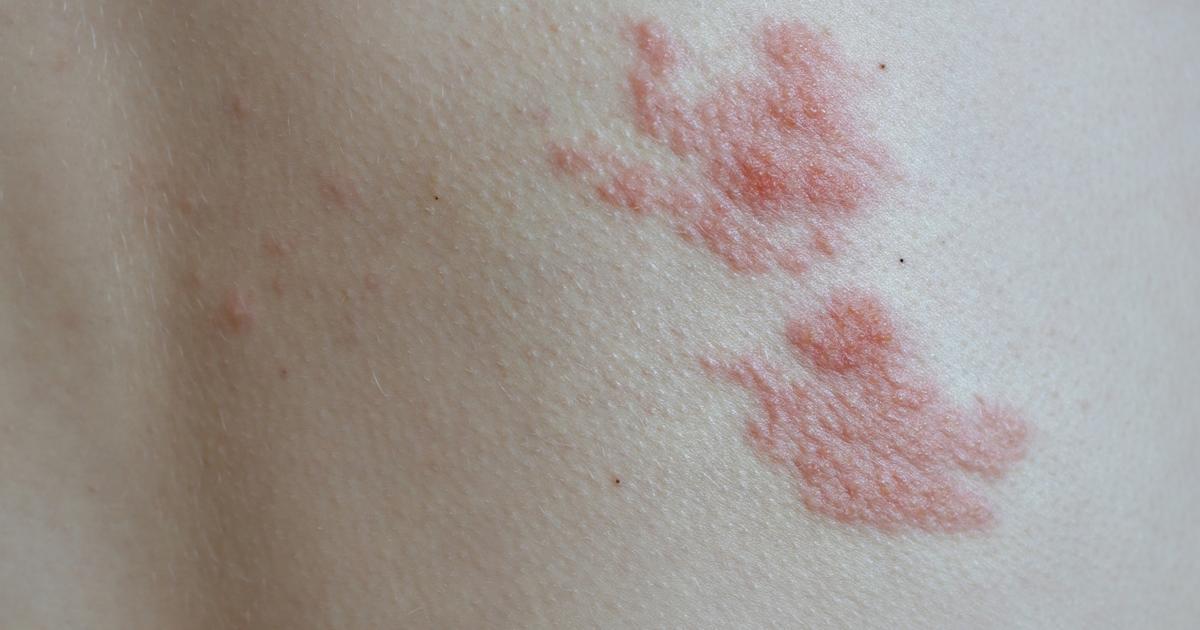

Dr. Matthew Mao Zhang, MD
Ophthalmologist
999 Hiawathe Pl. Seattle WA, 98144About
Matthew M. Zhang, MD, is a top oculoplastic surgeon who lends his skills and expertise to serve patients at the Eye Institute at Harborview in Seattle, WA. The Eye Institute at Harborview provides medical and surgical eye care for common to complex conditions and disorders, such as glaucoma, cataracts, diseases of the retina, cornea, orbit, and nerves, as well as age-related eye diseases. Dr. Zhang additionally serves as Assistant Professor of Ophthalmology at the University of Washington School of Medicine in Seattle, WA. With six years of experience as an ophthalmologist and oculofacial and orbital surgeon, he specializes in nasolacrimal disorders and oculoplastic surgery. As an oculoplastic surgeon, Dr. Zhang is an expert in surgical procedures that deal with the orbit (eye socket), eyelids, tear ducts, and the face.
Education and Training
University of Pittsburgh School of Medicine 2012
Board Certification
American Board of Ophthalmology
Provider Details
Areas of expertise and specialization
Faculty Titles & Positions
- Assistant Professor of Ophthalmology University of Washington School of Medicine -
Professional Memberships
- American Academy of Ophthalmology
Fellowships
- Wills Eye Hospital Oculofacial Plastic and Orbital Surgery 2018
Internships
- University of Pittsburgh Medical Center - 2013
Fellowships
- Wills Eye Hospital - 2018 - Oculofacial Plastic and Orbital Surgery
Professional Society Memberships
- American Academy of Ophthalmology
Dr. Matthew Mao Zhang, MD's Practice location
Eye Institute at Harborview
999 Hiawathe Pl. -Seattle, WA 98144Get Direction
Eye Institute at Harborview
908 Jefferson St. 7th floor -Seattle, WA 98104Get Direction
Dr. Matthew Mao Zhang, MD's reviews
Write ReviewMedia Releases
Get to know Oculoplastic Surgeon Dr. Matthew Mao Zhang, who serves patients in Seattle, Washington.
Specializing in nasolacrimal disorders and oculoplastic surgery, Dr. Zhang is an oculoplastic surgeon who remains dedicated to providing the best medical and surgical care to his patients at the Eye Institute at Harborview in Seattle, Washington.
Eye Institute at Harborview offers cutting-edge medical and surgical eye care for common to complex conditions and disorders. The staff working there provides comprehensive treatment for people with glaucoma, cataracts, diseases of the retina, cornea, orbit, and nerves, as well as age-related eye diseases. They also perform refractive procedures such as LASIK and oculofacial plastic surgery procedures.
With a passion for teaching fellows, residents, and medical students, Dr. Zhang also serves as an Assistant Professor of Ophthalmology at the University of Washington School of Medicine in Seattle.
Back in 2012, he earned his medical degree from the University of Pittsburgh School of Medicine in Pittsburgh, Pennsylvania. He then went on to complete his internship at the University of Pittsburgh Medical Center in 2013, followed by his residency in ophthalmology at Vanderbilt Eye Institute in 2016 and his fellowship in oculofacial plastic and orbital surgery at Wills Eye Hospital in 2018.
A member of American Academy of Ophthalmology, the doctor is board-certified in ophthalmology by the American Board of Ophthalmology, an independent, non-profit organization responsible for certifying ophthalmologists in the United States of America.
Oculoplastics, or oculoplastic surgery, includes a wide variety of surgical procedures that deal with the orbit (eye socket), eyelids, tear ducts, and the face. It also deals with the reconstruction of the eye and associated structures. Oculoplastic surgeons perform procedures such as the repair of droopy eyelids (blepharoplasty), repair of tear duct obstructions, orbital fracture repairs, removal of tumors in and around the eyes, as well as eyelid and facial reconstruction.
Recommended Articles
- Reasons Why You Would Need a Cataract Surgery
Unfortunately, no particular drug or types of eye drops have been found to specifically reverse or prevent the formation of cataracts. There are eyeglasses that can be recommended by your doctor if you develop nearsightedness or blurred vision as a result of cataract formation. A surgical procedure...
- What Is HSV-1?
Herpes Simplex Virus 1 (HSV-1)HSV-1 or herpes simplex virus type 1 is a type of herpes simplex virus that causes cold sores. It is called "oral herpes" because it often causes sores around the mouth or on the lips. Cold sores are also called as fever blisters. However, the sores can also be found...
- What is Eye Herpes?
What is eye herpes?Eye herpes, or ocular herpes, is a recurrent viral infection that affects the eyes. It is caused by herpes simplex virus type 1. It causes an inflammation of the eye, as well as scarring in the cornea.Eye herpes can be transmitted from one person to another when there is a close...
- What Causes Albinism?
What is albinism?Albinism is a group of genetic disorders that cause little or no production of the natural pigment called melanin. The color of your skin, hair, and eyes depend on the type and amount of melanin produced by your body. Most individuals with albinism have sun sensitivity, which makes...
- What are Eye Floaters?
Eye floaters are small, moving specks on the eyeball that often occur in one's field of vision. These grey or black dots, become more prominent while looking at a bright object. If the floaters are large they may shadow vision, but in most cases, eye floaters are harmless. People often neglect or...
- Is Shingles Contagious? How Do You Get Shingles?
Shingles is a contagious viral infection that is caused by the varicella zoster virus, the same virus that causes chickenpox. This virus affects a particular nerve section, causing painful rashes on the skin connected to that particular nerve. The rash normally appears in a form of a band on any...
Nearest Hospitals
SWEDISH MEDICAL CENTER / CHERRY HILLl
500 17TH AVENUE SEATTLE WA 98122HARBORVIEW MEDICAL CENTERl
325 9TH AVENUE SEATTLE WA 98104SWEDISH MEDICAL CENTERl
747 BROADWAY SEATTLE WA 98122VIRGINIA MASON MEDICAL CENTERl
925 SENECA ST SEATTLE WA 98101SWEDISH MEDICAL CENTERl
747 BROADWAY SEATTLE WA 98122HARBORVIEW MEDICAL CENTERl
325 9TH AVENUE SEATTLE WA 98104




